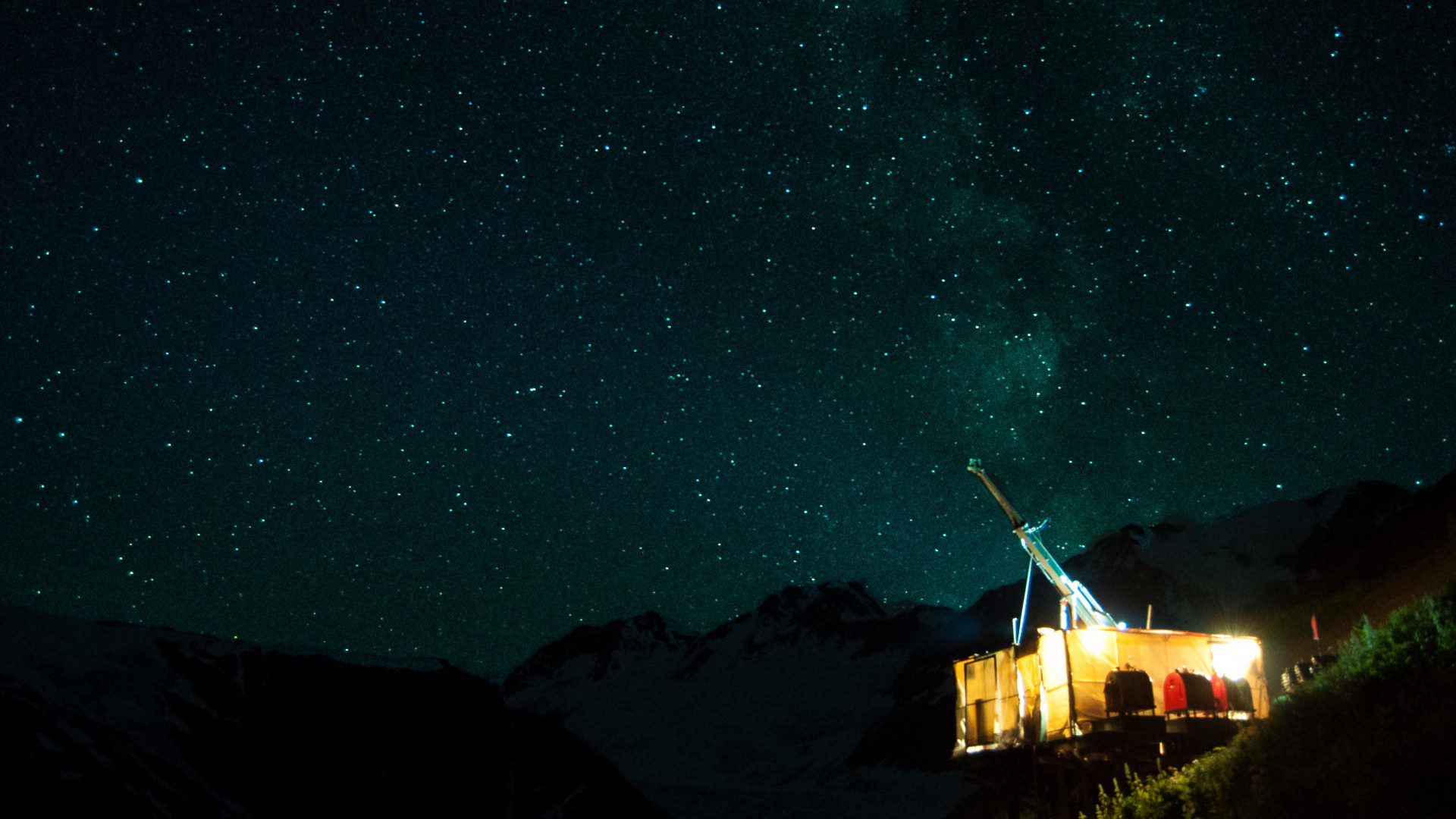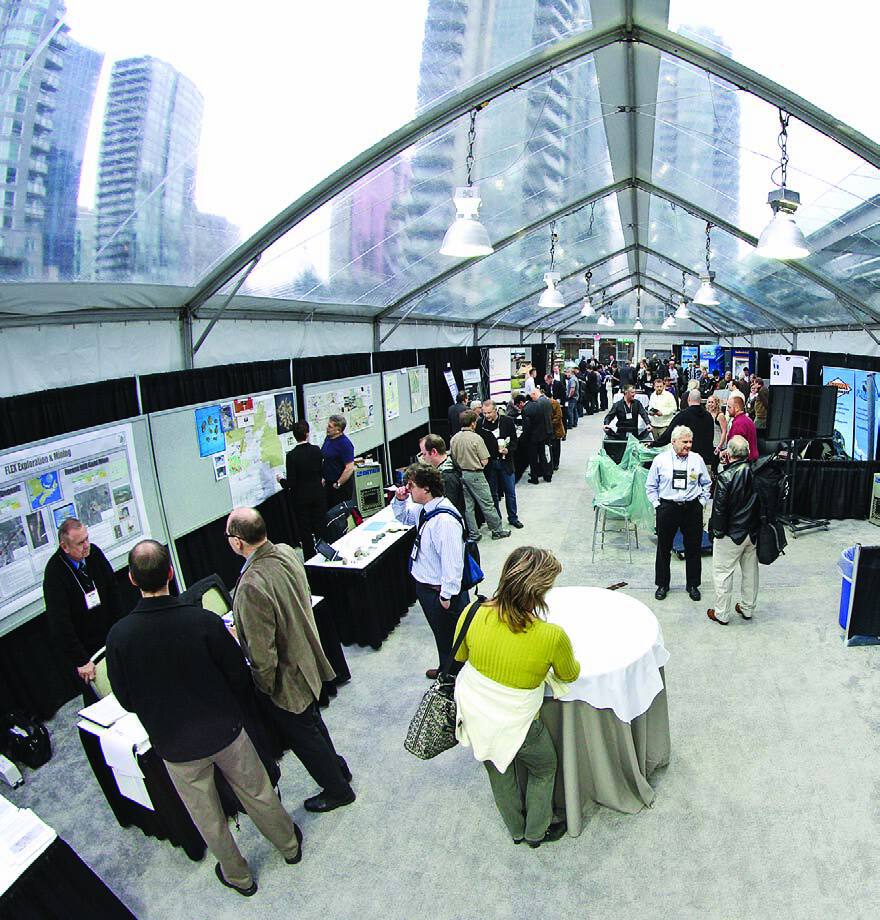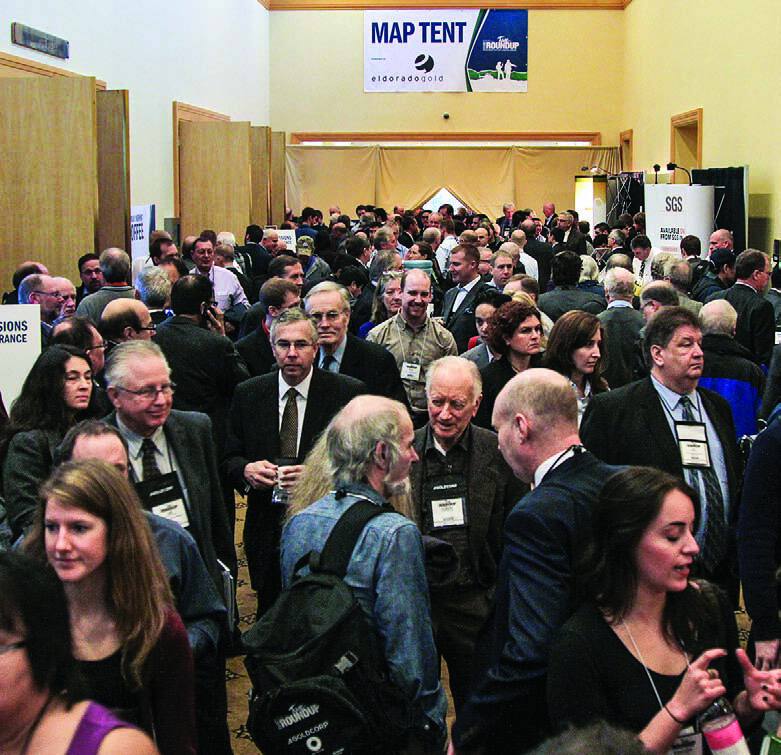Invitation from the Chairs
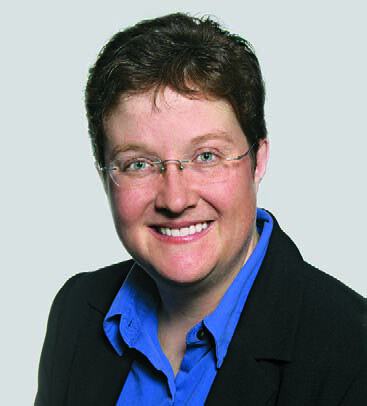
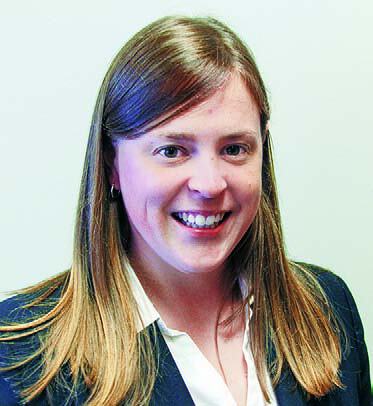
Mineral Exploration Roundup 2014 Join us in celebrating the 30th anniversary of AME BC’s Mineral Exploration Roundup conference, “Resources for Life,” from January 27 to 30, 2014.
Discover our Technical Sessions, Short Courses, Poster Session, Core Shack, Map Tent, Prospectors’ Tent, Roundup Store, and the Gathering Place – Where Industry and Aboriginals Meet. Network and build contacts at our Trade Show of more than 240 exhibitors and our renowned social events. All this unfolds at one venue, The Westin Bayshore, Vancouver.
We thank the 7,800-plus participants from 44 countries who attended Mineral Exploration Roundup 2013. On behalf of the Roundup Organizing Committee, we invite you to explore Mineral Exploration Roundup 2014, celebrate our 30th anniversary and help us to thank The Westin Bayshore as we bid them farewell to make our transition to our new home at the Vancouver Convention Centre East in 2015.
AME BC is the leading voice of mineral exploration and development in British Columbia, and its conference, Mineral Exploration Roundup 2014, will give you as a delegate the opportunity to connect with others and learn about the latest developments in mineral exploration here in British Columbia and around the world. We look forward to seeing you there!
The Association for Mineral Exploration British Columbia (AME BC) sincerely thanks the sponsors of Mineral Exploration Roundup 2014 confirmed at the time of printing for their support.
Spotlight On Short Courses
Roundup’s short courses are held in advance of the conference, and cover various topics of interest to the mineral explorer. Reasonably priced, these often sell out well in advance of the conference.
Short Course 1: Exploration Targeting: A Return to the Fundamentals
Friday, January 24
Presented by: AME BC and Mike Doggett, Michael Doggett & Associates
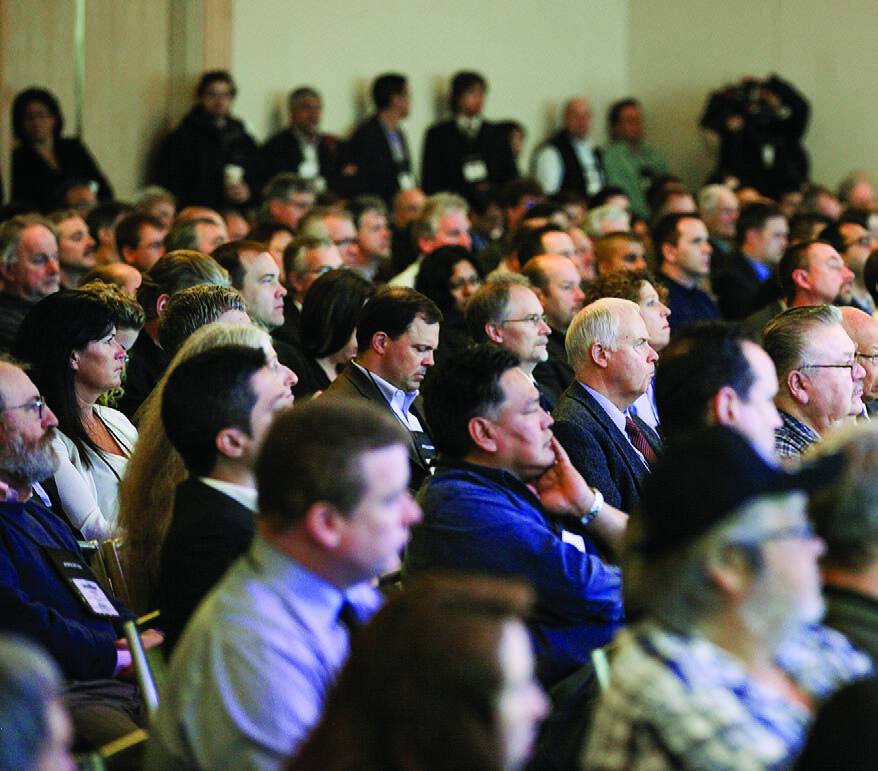
This course will address the issues that face exploration groups in an ever-changing and challenging global environment for the mineral industry. These issues include fluctuating commodity prices, the escalation in costs associated with constructing and operating new mining projects, the capital crisis facing many junior explorers, and the refocus of senior companies on quality rather than size of assets. The course will examine how these topics impact the minimum tonnage grade conditions required to justify the cost and time of discovering new economic deposits. The characteristics of exploration targets will be considered in the context of the set of known undeveloped deposits. Course materials will draw on a broad range of international case studies with emphasis placed on copper and gold examples.
Short Course 2: Surficial Geology and Exploration Geochemistry – Know What You Are Sampling and Why
Friday, January 24
Presented by: AME BC, Vic Levson and Dave Heberlein
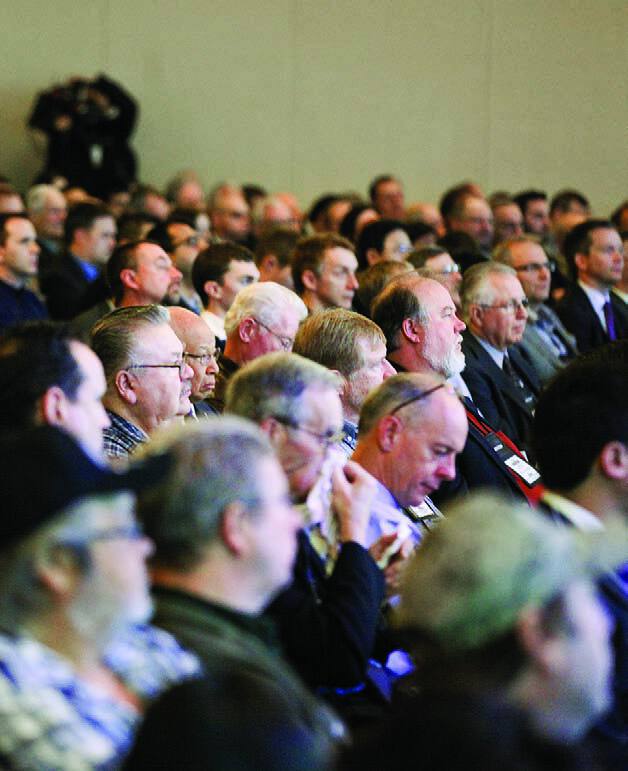
This one-day course will focus on successful geochemical strategies for exploring in covered terrain. It will first look at the most common types of surficial sediments, how they are recognized and how they control mineral content. Sediments particularly useful for locating buried mineral deposits will be emphasized. The second part of the course will focus on geochemical survey design, data validation and interpretation, and techniques for seeing through cover. Topics will include different types of sample media, till geochemistry, understanding surficial materials, element mobility, various methods of analysis, endogenic and exogenic signals and use of soil pH. The course will emphasize techniques that have been successful but we will also review the circumstances under which methods have failed and why. The course will be interactive, and participants will have an early opportunity to submit specific examples or questions from active exploration projects for evaluation and review. Emphasis will be placed on practical applications, solving the challenge of different types of cover, selecting the best exploration tools and designing successful strategies.
Short Course 3: Geophysics for Geologists
Friday, January 24
Presented by: AME BC and Greg Hodges, Fugro Airborne Surveys
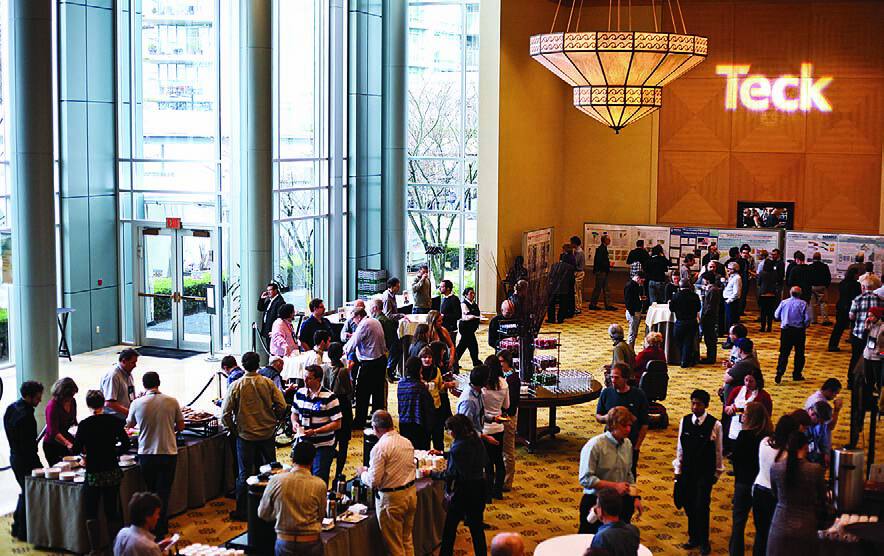
This one-day course will teach geologists the basic principles of applying geophysics to exploration. The focus will be on understanding the relationship between geological processes and the physical properties of the rocks, and how these are measured from airborne survey systems. The examples are primarily airborne geophysics, but the principles apply to all methods of surveying. Practical considerations of choosing a method and product based on target and host geology and environment will be covered, as well as a basic understanding of the results. Major topic areas will include integrating geophysics and geology; magnetic, electromagnetic and gamma ray spectrometry; gravity and gravity radiometry; IP; airborne geophysical surveying and data evaluation; and ore deposit geophysics.
Short Course 4: A Practical Guide to the Analysis of Vein and Breccia Hosted Hydrothermal Systems
Saturday, January 25
Presented by: AME BC and Nick Oliver, Holcombe Coughlin Oliver
The course will emphasize the combinations of rock observation, geochemistry and structure that lead to better-informed exploration and mining decisions for geologists working in brittle and/or ductile environments. The special focus of the course will be the combination of aspects of geochemistry and structure applied to field, core or mine. The intended outcomes for participants will be in the area of better project appraisal skills, approaches to tackle complex data sets and improved capacity for pattern recognition in rocks and such data sets.
Short Course 5: Regional Metallogeny and Controls on the Location of Ore Systems (MDRU)
Saturday, January 25 – Sunday, January 26
Presented by: AME BC and Craig Hart, Mineral Deposit Research Unit (MDRU)
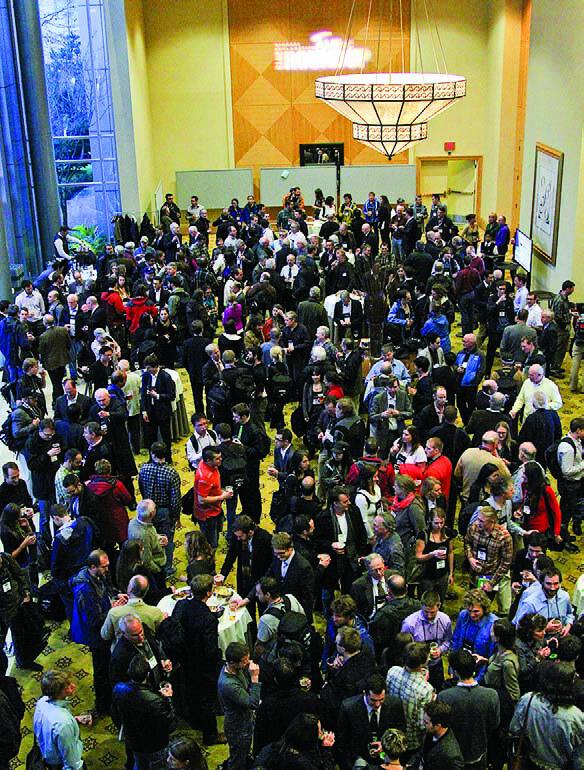
Project generation and exploration targeting require quick identification of the most prospective ground so exploration budgets can focus efforts on smaller areas. The identification of these most prospective locations requires recognition of the key geological features that control and localize ore-forming systems. These features operate across a range of scales and, despite the range of metallic ore deposit types that they form, are surprisingly similar. Lithospheric enrichments of metals and volatiles, for example, are critical features of most well-endowed provinces, and crustal-scale structural breaks control many well-mineralized districts. Similarly, cross-arc structures or unconformities can control locations of porphyry and VMS deposits in an evolving arc, and changes in deformation style can focus emplacement of ore-forming magmas or influence the formation of orogenic gold systems.
This two-day short course will investigate the geological features that control the locations of ore-forming and ore-focusing processes across a range of scales from the lithosphere to the drill bit. The course would be appropriate for all geologists making exploration decisions, from junior geologists to exploration managers, as well as consultants and academics wishing to understand more about ore focusing processes.
Short Course 6: Mineral Exploration and Mining Essentials
Saturday, January 25 – Sunday, January 26
Presented by: AME BC and Robert Stevens, BCIT
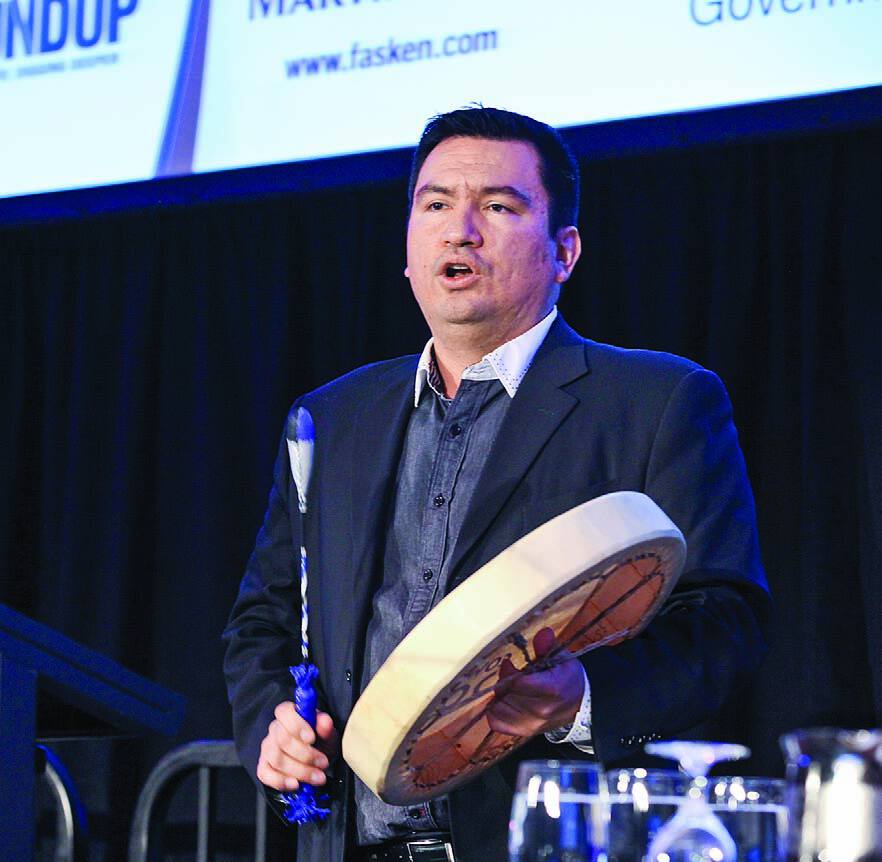
This two-day course provides a complete overview of the mineral exploration and mining industry for those working or involved in the mining industry, but who do not have a technical background in geology or mining. It is suitable for investment advisers, community leaders, analysts, investor relations personnel, accountants, lawyers, directors and a wide range of business professionals. Mineral Exploration and Mining Essentials is effective at tying together and explaining the relevance and importance of the various parts of the industry. The course has been developed and refined over 10 years and is widely recognized in Vancouver and elsewhere in Western Canada as an engaging and highly informative course on the mining industry.
Each participant in the course will receive a copy of Mineral Exploration and Mining Essentials. This book, written by Dr. Robert Stevens, is an indispensable primer for anyone interested in the mineral exploration and mining industry. This well-illustrated book provides a thorough overview of the industry from the exploration phase to mine closure. The course will follow this book, and participants will find it to be a valuable reference resource for years to come.
Short Course 7: Aboriginal Awareness and AME BC’s Aboriginal Engagement Guidebook for Mineral Explorers
Sunday, January 26
Presented by: AME BC Aboriginal Relations Committee
A common challenge in the mineral exploration and development business in British Columbia and elsewhere in Canada is acquiring and maintaining access to the land. Companies involved in mineral exploration are encouraged to engage with local and Aboriginal communities with their exploration and development plans at an early stage in order to achieve understanding and provide time to work together for shared success.
A common hurdle for both explorers and for Aboriginal communities is the ability to engage, share information and reach an understanding. This course strives to help in this regard. It will consist of three parts:
- An introductory overview of Aboriginal Peoples.
- The new AME BC Aboriginal Engagement Guidebook for Mineral Explorers: A Principled Approach will be related to practical situations and experiences common to explorers and Aboriginal communities in the early stages of exploration.
- Aboriginal panellists will share their respective views and concerns tied to real life situations in their communities in B.C. and will speak about how they see engagement and consultation from their particular points of view.
All parts will be as interactive as time allows.
Short Course 8: Embarking on Your New Career in Mineral Exploration (for students and recent graduates)
Sunday, January 26
Presented by: AME BC and Kendra Johnston, Independence Gold Corp.
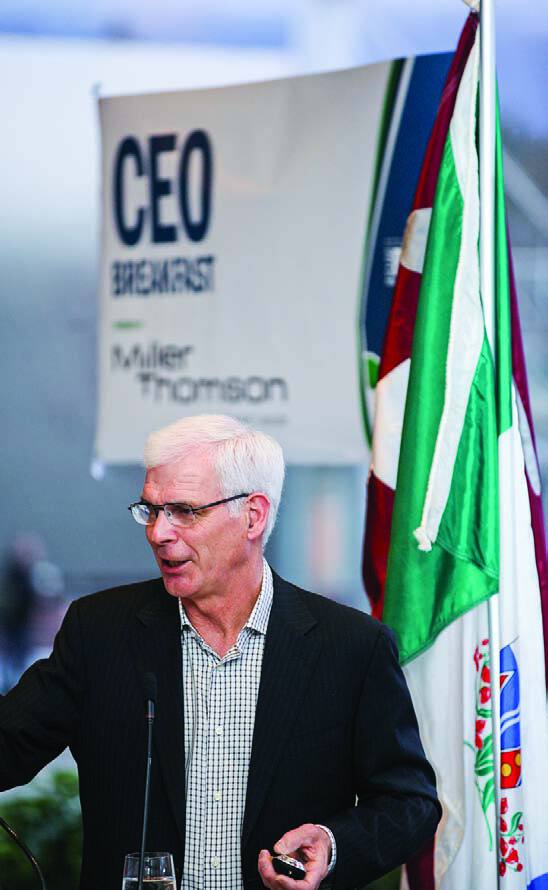
This course will provide a basic introduction to the mineral exploration industry for students and professionals new to the industry. Participants will learn about the various types of organizations ranging from junior and major companies to government agencies involved in the industry and their roles in relation to each other. The course will also cover various career paths available to geoscientists and what these roles generally entail. A basic background in the business of the industry will include a summary of the capital markets, metal prices and their effects on industry, the roles of regulators and the way in which the industry is promoted. Finally, the course will cover a few suggestions on how to prepare for becoming part of the mineral exploration industry and some of the qualities that employers are looking for. Guidelines for resumés, salaries and interview skills will all be touched on. The course will end with a panel discussion and question-and-answer period.
Special Events
Tickets available for purchase through registration.
T1 – Student-Industry Networking Event
Sunday, January 26
This one-of-a-kind event provides an opportunity for students and industry representatives to network and discuss career opportunities and options within the mineral exploration sector, as well as other related industries. Students: What a great opportunity to get the career advice you may need! This event is not a job fair, so don’t bring a resumé. However, we do recommend students bring business cards that provide a bit of information about their education, experience and contact details. All members of industry are encouraged to attend. Students and industry are asked to preregister via the conference registration form to ensure admittance.
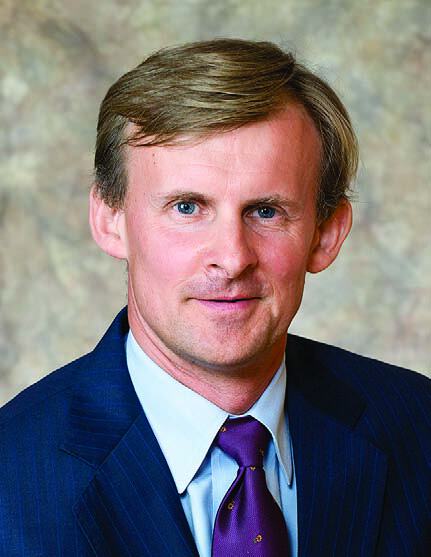
T2 – CEO Breakfast
Monday, January 27
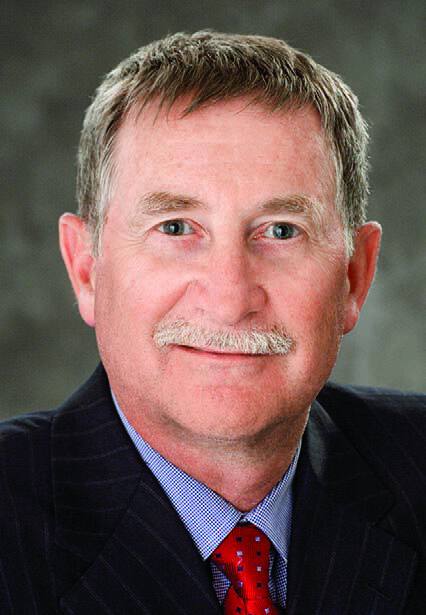
T3 – AME BC Finance Lunch
Monday, January 27
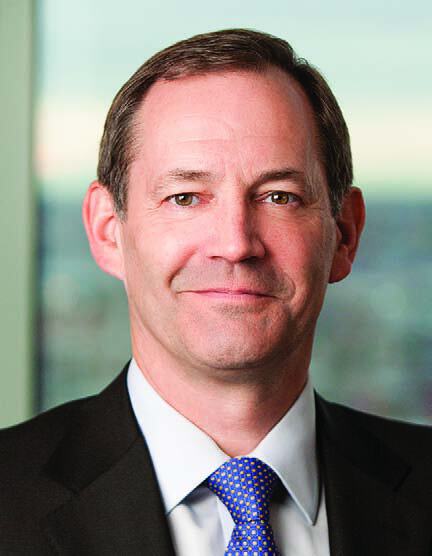
T4 – AME BC Lunch
Tuesday, January 28
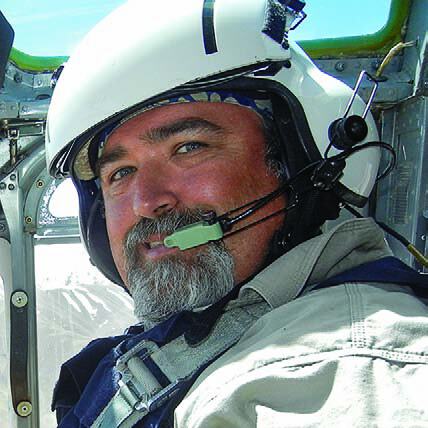
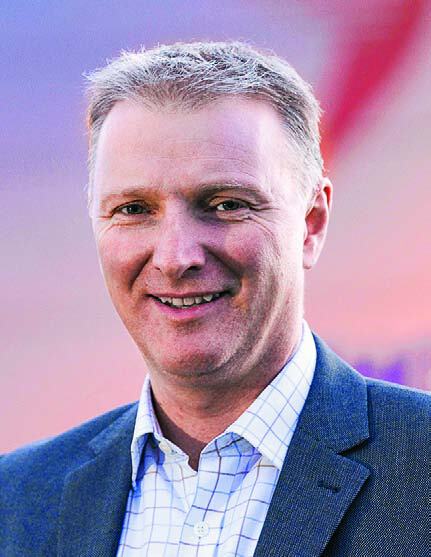
T5 – AME BC Health and Safety Awards Breakfast
Wednesday, January 29
T6 – Baron of Beef Lunch
Wednesday, January 29
T7 – AME BC Awards Dinner
Wednesday, January 29
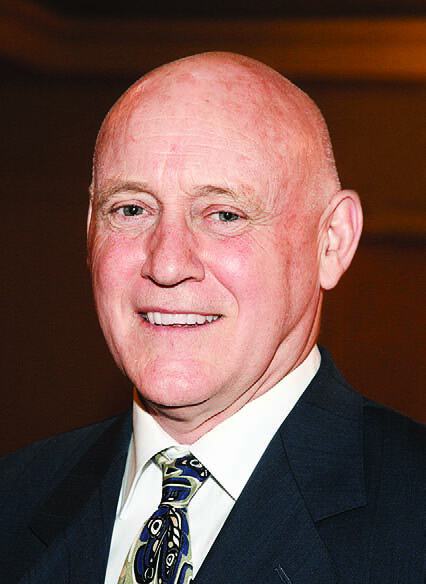
T8 – International Lunch
Thursday, January 30
No Ticket Required
Entry free with conference pass unless marked otherwise.
Ice Breaker Reception
Sunday, January 26 4:30 to 6:30 p.m.
Yukon Night – organized by the Yukon Chamber of Mines
Monday, January 27 8 to 10 p.m. (*new time)
B.C. Night
Tuesday, January 28 7 to 10 p.m.
Alaska Night – organized by the Alaska Miners Association
Wednesday, January 29 7 to 10 p.m.
Exhibit Hall Receptions
Monday, January 27 – Wednesday, January 29
Beer and Sandwich Lunch
Thursday, January 30
Ticket included in full delegate registration
Sporting Events
No ticket required; preregistration with event organizers required.
Hockey Challenge
Monday, January 27
The annual Roundup Hockey Challenge will take place at Burnaby 8 Rinks arena. Approximately 80 participants of all skill levels from industry, academia and government will play in a round robin tournament with awards, food and beverages to follow. The Roundup Hockey Challenge is an equal-opportunity celebration of hockey; all are welcomed to participate and spectate! For more information, contact Robin Black at [email protected] or Colin Slauenwhite at [email protected].
Curling Bonspiel
Wednesday, January 29
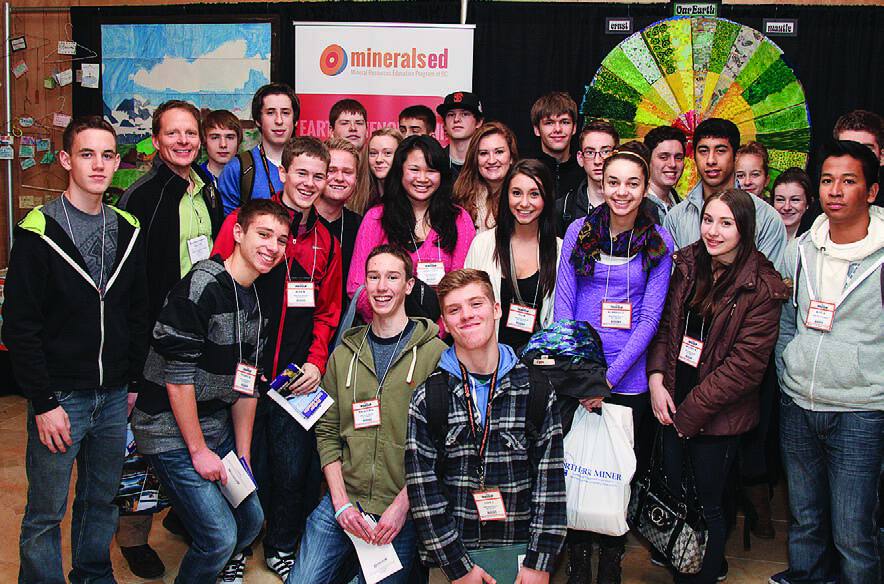
This annual event is a great networking opportunity for those who love to curl or who would like to give it a try! It will take place at the Hollyburn Country Club in West Vancouver. For more information, contact Glen Dickson at 778-288-7820. Book early to secure your spot!
Further information on the special events, including keynote speaker biographies, can be found on the AME BC website at www.amebc.ca.
Poster Session
Monday, January 27
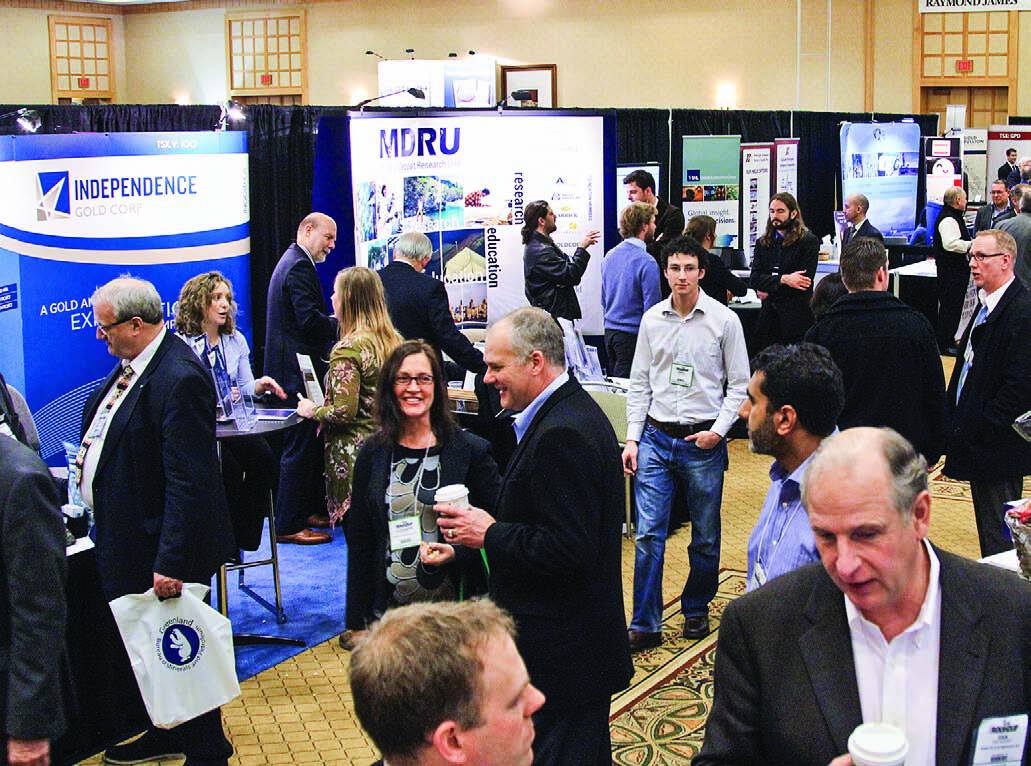
The Roundup Poster Session highlights public geoscience. More than 90 posters will feature the results of geological mapping and economic geology studies including new ideas and new technologies. Highlights from the BC Geological Survey, the Geological Survey of Canada and Geoscience BC will be the main attraction, complemented by posters from numerous university researchers, particularly students. Government- and university-related database systems and information, such as those found on MapPlace.ca, will be available live in the Poster Session venue.
This session is particularly designed for one on-one discussions and information exchange with geoscientists most familiar with the geology within your area of interest. There will be posters presenting the results of geological mapping, geophysical and geochemical surveys, as well as research on a wide variety of deposit types from across the Cordillera, other parts of Canada and the world. Posters from the Yukon Geological Survey will be displayed in the Yukon Room. Live MapPlace.ca demonstrations and selected posters by the BC Geological Survey will also be available Tuesday through Thursday in the B.C. Room (Seymour Room).
University students are encouraged to submit poster presentations for display; $600 will be awarded for first prize, $400 for second prize and $200 for third prize.
B.C. high school Grade 12 geology students will also display their work during the Poster Session.
For more information, please visit www.amebc.ca/roundup or contact Steve Irwin at [email protected].
Trade Show
Monday, January 27 – Thursday, January 30
The Trade Show is a staple of Roundup and presents an unparalleled opportunity to visit a wide cross-section of more than 240 companies from the mineral exploration and development sector. Exhibitors’ List [infographic] In addition to the sponsored daily beer receptions, both the Baron of Beef Lunch and the Beer and Sandwich Lunch take place on the Trade Show floor. The companies exhibiting change daily, so make sure you visit the Trade Show regularly.
The Roundup 2014 Trade Show is sold out and the exhibitor booth space waitlist closed August 2, 2013. The waitlist refreshes each year; if you are interested in exhibiting at Roundup in the future or would like more information on the Roundup 2014 Trade Show, contact Roxanne Finnie at [email protected] or 604-630-3927.
Roundup Store
Main Level, north of the Westin Grand Ballroom
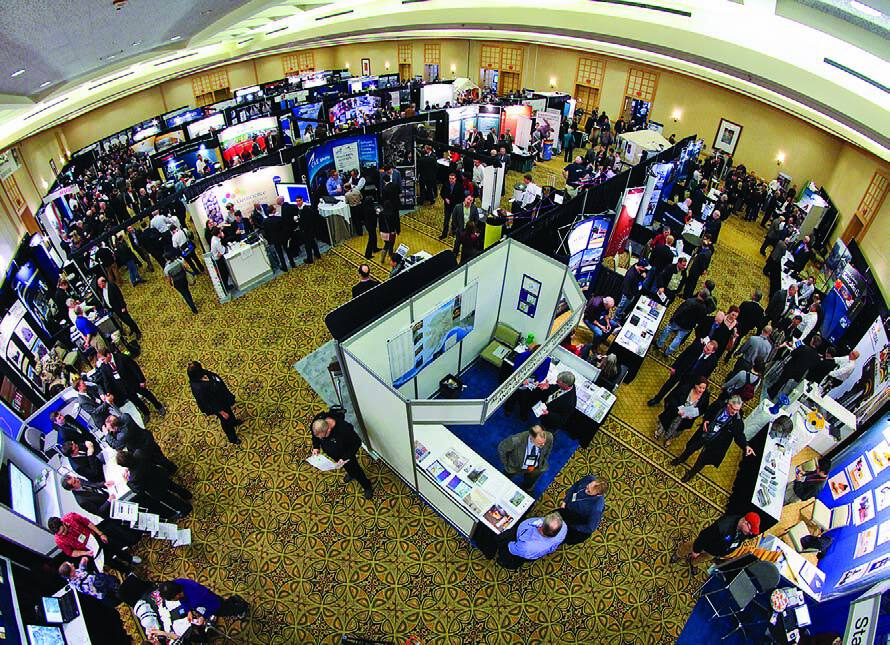
The Roundup Store features publications from well-known industry book publishers covering topics for all skill levels in the areas of geology, exploration, finance and mining. Also available will be copies of the conference daytimer, as well as a variety of AME BC and Roundup– related merchandise and printed material. Be sure to visit early and often to take advantage of show pricing before supplies run out. The Roundup Store is located in the Mackenzie Room, adjacent to the Grand Ballroom, on the main level of The Westin Bayshore.
Prospectors’ Tent
Monday, January 27 – Thursday, January 30
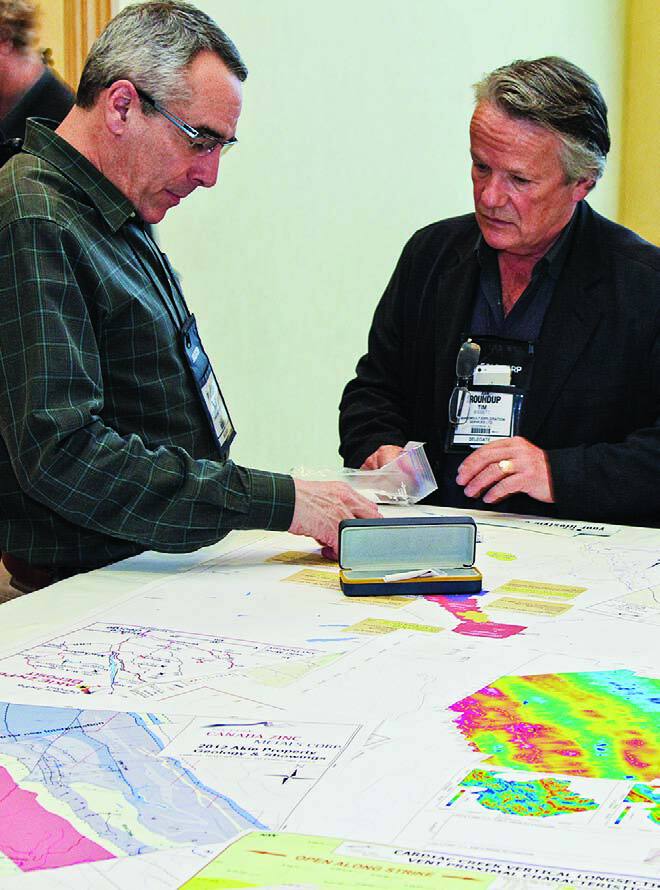
Independent prospectors will present their diverse mineral properties in the Prospectors’ Tent, located inside the Core Tent outside of the entrance to The Westin Bayshore. Prospectors display maps, rock samples, drill core, sketches of workings, photographs and other information from their projects. Typically, participants display for one or two days.
Map Tent
Monday, January 27 – Thursday, January 30
An ongoing and integral part of the technical foundation of Roundup, the Map Tent provides a first-hand opportunity to review working maps and sections including geology, geochemistry and geophysics, from generative exploration plays to mine development projects. The Map Tent provides a venue for open peer discussion among mineral explorers, giving Roundup participants the chance to gain insights beyond those attainable from standard trade show exhibits or material posted on websites.
Core Shack
Tuesday, January 28 – Thursday, January 30
A cornerstone of Roundup, Core Shack showcases new discoveries, leading prospects, advanced projects and operating mines from around the world. Core Shack 2013 featured core displays from projects in 10 countries, representing a diverse suite of deposit types. Commodities featured in 2013 included copper, gold, silver, lead, zinc, molybdenum, nickel, graphite, rare earths and platinum group elements.
Core Shack exhibits a wide range of new developments in the mineral exploration and mining sector. Each day, a new suite of the sector’s most compelling projects is displayed, with maps, cross-sections, and the project’s technical representative on hand to answer questions.
Field Trips
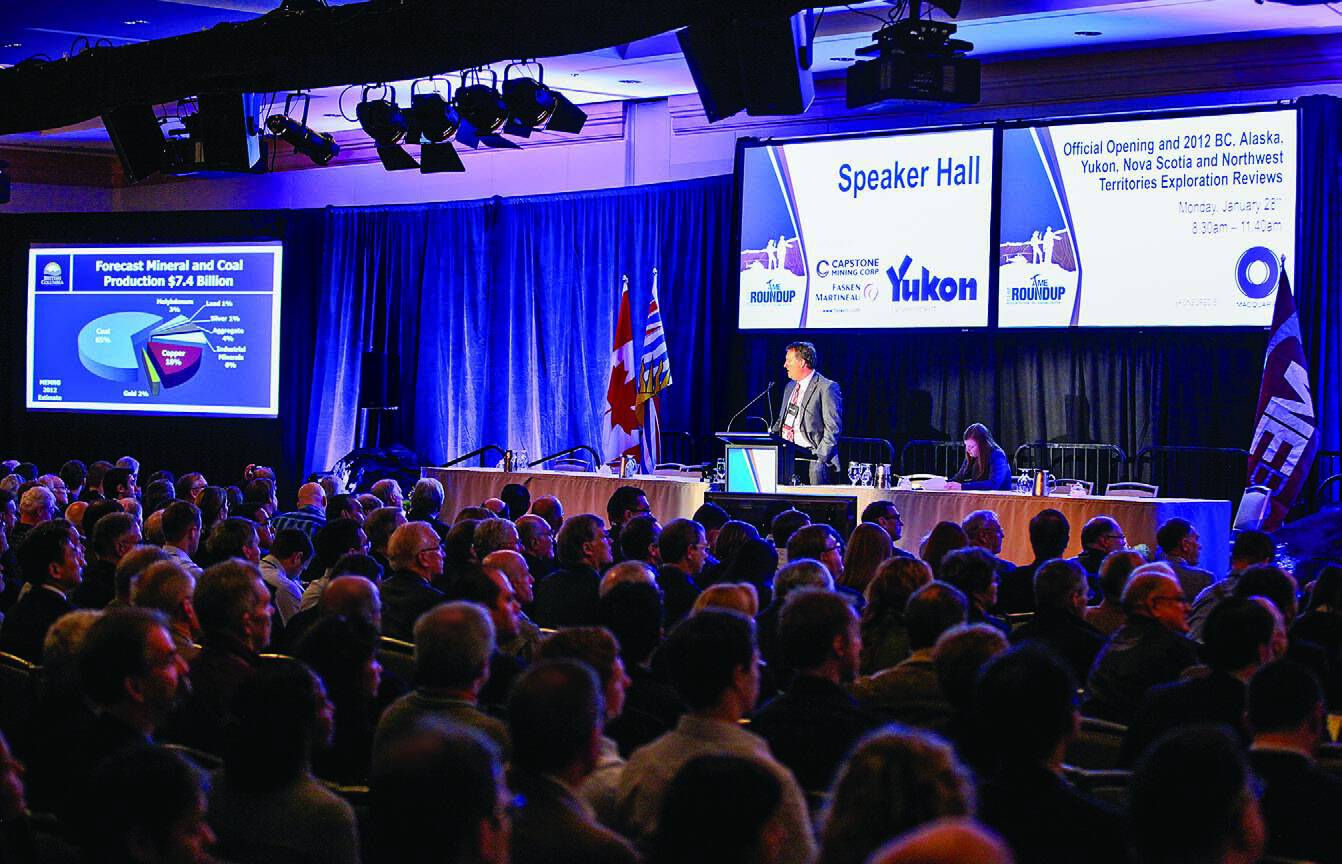
Field Trip 1: Myra Falls VMS
Thursday, January 30 – Friday, January 31
The Myra Falls deposit consists of a number of mineralized zones such as the Marshall, Battle, HW and Lynx. The deposit is a complexly zoned volcanogenic massive sulphide contained within the Myra Formation of the Sicker Group volcanic rocks of Vancouver Island. The mineralization comprises polymetallic massive sulphide, polymetallic disseminated sulphide, zoned pyritic massive sulphide and stringer sulphide zones. The principal minerals are sphalerite, pyrite and chalcopyrite with minor galena, bornite, tennantite and locally significant secondary copper. In 2011, Myra Falls produced approximately 15,000 tonnes of zinc, 400 tonnes of lead, 1,600 tonnes of copper, 5,100 troy ounces of gold and 220,000 troy ounces of silver in concentrate, with grades of 7.2 per cent zinc, 1.2 per cent copper, 1.7 grams per tonne gold and 55 grams per tonne silver.
The field trip will depart by bus from The Westin Bayshore mid afternoon on Thursday, January 30. Following a night in Campbell River, the morning at Myra Falls will be spent touring through the underground. A surface tour will follow if time and weather permit. The tour will return to The Westin Bayshore in the late evening of Friday, January 31. The field trip fee includes a guidebook, transportation and accommodation, but does not include food.
Field Trip 2 :Copper Mountain’s Copper Porphyry
Friday, January 31, 2014
This trip features a tour of Copper Mountain’s open pit porphyry copper mine, which commenced full production in June 2011. The Copper Mountain Project consists of a five-billion-pound copper resource outlined in a newly designed “super pit” that encompasses three historically mined smaller pits. Participants will be guided through a geological tour of the pit walls, and will tour the core shack and the milling facilities. Time and weather permitting, a stop will be made at the famous Hope Slide locality. Be prepared for spectacular scenery as the tour takes us through the Cascade Range along the Crowsnest Highway. Delegates will depart from The Westin Bayshore the morning of Friday, January 31 and return in the evening.
Technical Sessions
Official Opening Ceremonies and 2013 Regional Reviews
Monday, January 27 (morning)
In addition to the Opening Ceremonies, this session will provide regional overviews of hot plays and active areas of exploration reviews both here in Canada and around the world. This year’s areas of focus will be new discoveries, deposits and regional models of B.C. and Yukon; Nevada’s gold plays; and Turkey’s Tethyan Belt.
Strategies for Discovery
Monday, January 27 (afternoon)
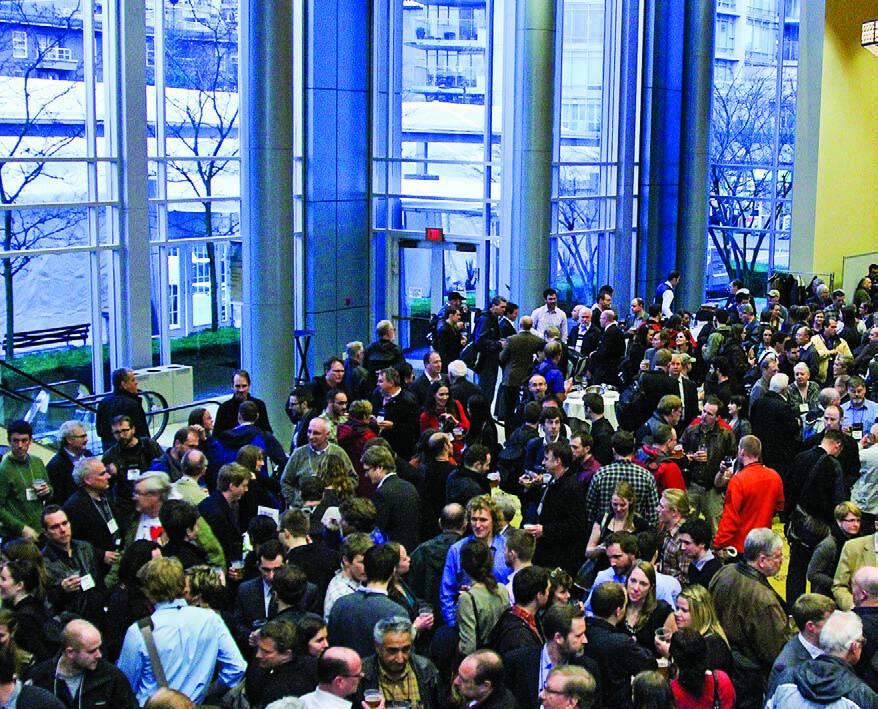
Discovery, the ultimate exploration success, can be achieved through a range of strategies conceived and implemented to take advantage of corporate, technical and financial strengths. Do stable exploration budgets and technical depth make major companies better explorers, or do aggressive strategies carried out by nimble junior companies yield better success? Are exploration teams more valuable than mavericks? Is it science or serendipity that gets results? Are mistakes consistently made during the exploration process? This session will explore the processes of exploration success using a series of discovery case histories to emphasize the benefits of different exploration strategies.
Public Geoscience: A Resource for You
Tuesday, January 28 (morning)
Public geoscience programs provide an important foundation for developing new concepts and knowledge of geology and mineral potential. In the Canadian Cordillera, publicly funded studies are conducted by geoscientists from the BC Geological Survey, the Yukon Geological Survey, Geoscience BC and the Geological Survey of Canada. Their work, which includes bedrock and surficial mapping initiatives, interpretations of geophysical and geochemical datasets and metallogenic syntheses, encourages new mineral exploration activity and helps in the successful targeting of minerals-related investments. In this session, talks will highlight results from recent and ongoing projects that are of interest to the mineral exploration sector, and provide information on how to access new data and information.
British Columbia, Yukon and Alaska: Mineral Exploration and Mining Highlights
Tuesday, January 28 (afternoon)
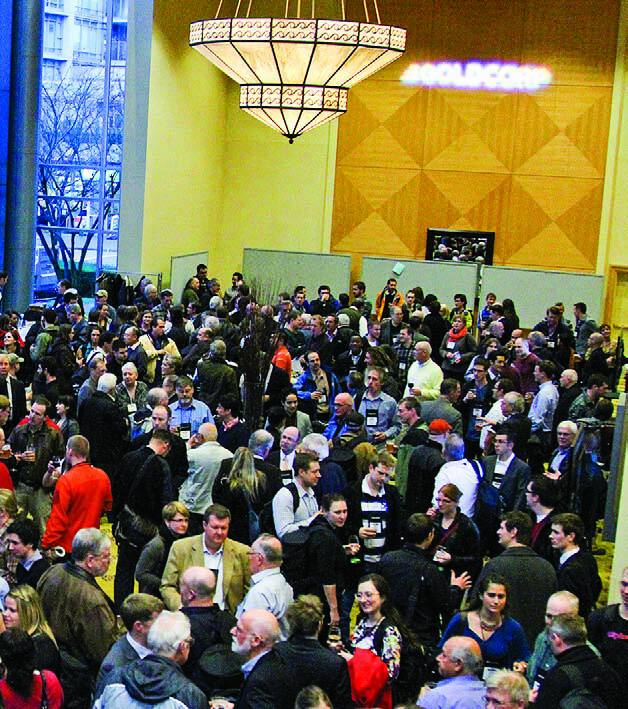
The Cordillera of British Columbia, Yukon and Alaska is host to a wide diversity of deposit types including a number of worldclass ore bodies. It continues to attract significant mineral investment, particularly in exploration for gold (epithermal, shear zone and intrusion-related); porphyries (alkali and calc-alkalic Cu-Au and Cu-Mo); base and precious metalenriched VMS and SEDEX deposits; and coal. Presentations in this session will showcase some of the highlights of recent mineral exploration and development activities.
Best Practices for Addressing Environmental Concerns and Impacts During Mineral Exploration – A Scalable Approach to Creating Value
Wednesday, January 29 (morning)
Companies conducting mineral exploration are realizing the valuable benefits that come with building strong environmental best practices into their projects. The incorporation of environmental aspects throughout the project life cycle from early exploration (e.g., soil sampling and drill pad construction) through operations (e.g., infrastructure design, construction, managing site wastes, and effective site restoration) is sound business practice. It also earns the social license to operate, which is critical to meeting regulator, community and shareholder expectations and contributing significantly to positive relationships.
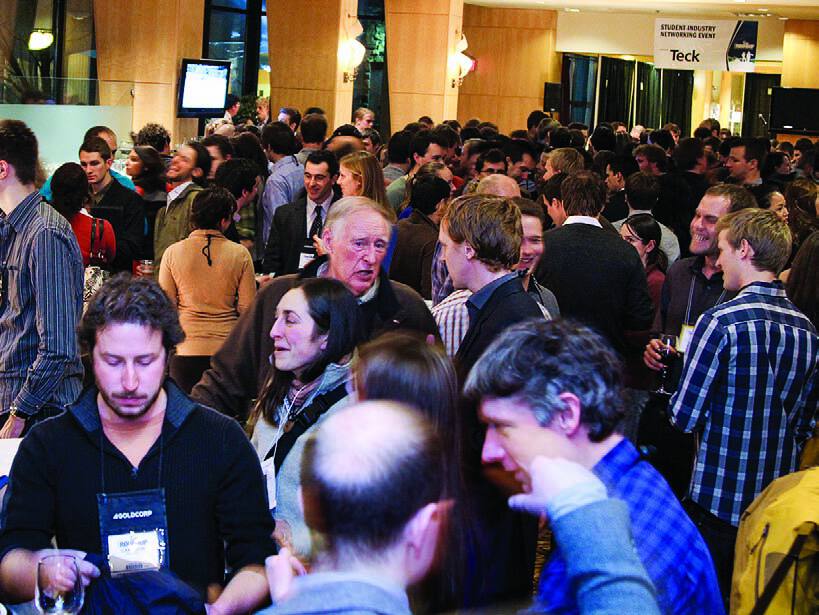
There is also growing awareness of the tangible benefits of conducting environmental studies during early exploration. Early environmental studies build valuable baseline information that can inform and focus subsequent stages of assessment necessary for permitting, regulatory review and future stages of mine development and operation. Integral to the success of any early environmental study is engagement with indigenous peoples and communities who are a wealth of information regarding traditional knowledge and the biotic ecosystem. Most importantly, it builds meaningful, collaborative relationships with indigenous peoples and communities, allowing for better decision-making and incorporation of environmental and social values into projects.
This session will focus on scalable environmental best practices and tools during exploration: simple steps that can provide tremendous value to your project. Successful pragmatic examples of implementation of environmental practices that have significantly contributed to the earning and maintaining of the social license to operate will also be examined. Finally, the speakers will be brought together in a panel discussion to share their insights on the current and future practice of resource extraction toward sustainable resources for life, every day.
Canadian Exploration Highlights: New Exploration and Discoveries in Old Mining Camps
Wednesday, January 29 (afternoon)
We all know the old adage: “Look for new mines in the shadows of old ones.” This mantra is even more applicable in challenging market conditions when risk capital is scarce. Regions with existing infrastructure, trained personnel and established permitting procedures as well as an extensive historical database provide companies with a good head start. The challenge is to apply current geological knowledge and technologies to find new resources in areas that have been extensively explored. This year we will highlight a selection of companies that have been successful in this endeavour.
International Exploration Successes
Thursday, January 30 (morning)
Entrepreneurial, bold and innovative mineral explorers continue to make discoveries around the world that will provide the crucial raw materials for raising the collective wealth of society – despite the combined drag of reduced investor and head office support for high risk exploration; fiscally challenged national and provincial/state governments increasing their financial take from all forms of resource extraction; delays in issuing permits at several points in project advancement; and the increasing cost and complexity when drilling holes to great depths and/or in remote locations. The hand-picked presentations in this session will provide many lessons for mineral explorers of all experience levels. Stories of discovery are invariably exciting and educational for geoscientists and investors with a passion to be involved in a new find of their own one day.
When Will the Phoenix Rise from the Ashes?
Thursday, January 30 (afternoon)
Continuing uncertainty in commodity demand growth, and divergent views on global economic recovery have combined to produce highly volatile markets and weakening commodity prices. Notwithstanding, demand for commodities is apparent, and the commodities cycle continues, but the questions remain as to what part of the cycle we are in, and how companies will navigate the sector in the future. A panel of dynamic industry experts has been put together to convey their ideas on which commodities will rise first.
Sponsorship
Interested in sponsoring Roundup 2014?
Download the sponsorship brochure posted on the AME BC website at www.amebc.ca, or contact Lena Brommeland, Roundup 2014 Organizing Committee Sponsorship Co-Chair, at 604-684-6365 or Victoria Yehl, Roundup 2014 Organizing Committee Sponsorship Co-Chair, at 604-699-4000.
Sponsorship of Roundup provides positive exposure to thousands of local and international delegates.
Special Programs
AME BC’s The Gathering Place – Where Aboriginal and Industry Leaders Meet
Monday, January 27 – Thursday, January 30
Hear success stories from Aboriginal and industry leaders about their journeys to reach mutually beneficial agreements that have facilitated mineral exploration and mine development. First Nations leaders and mining company representatives will share their unique approaches to developing working relationships. There will also be an opportunity to connect with First Nations community representatives and Aboriginal businesses that provide services and supplies to assist in the mineral exploration and development process. The Gathering Place is a comfortable setting to meet, share stories and learn new and creative approaches to engagement and relationship building.
MineralsEd Programs at Roundup
Monday, January 27, Tuesday, January 28 and Thursday, January 30
Celebrating 11 years of special educational programs at Roundup
In co operation with AME BC, MineralsEd hosts students and teachers in special educational programs during Roundup. High school students from Lower Mainland schools attend on Monday for a career-focused day. Guest speakers representing a cross-section of industry careers share their personal backgrounds and career stories. Post-secondary students also share information about their related educational programs and experiences, and serve as guides to help these guests explore the Trade Show to observe the many specialty fields and the breadth of careers in our sector.
Around 120 elementary student delegates attend Roundup on Tuesday. These young people work on earth sciences or mining units in class during the preceding fall and display their school projects throughout the week at the MineralsEd booth in the foyer and on the mezzanine level. Students listen to exploration geologists speak about their exciting work; view rock, mineral and fossil collections; try to stump a real geologist with one of their own special rocks; learn how geologists explore for diamonds; pan for gold; and explore the Trade Show to learn from exhibitors about the work they do and the roles they play in mineral exploration and mining.
Teachers are invited to participate in MineralsEd’s professional development program on Thursday. Guest speakers present talks on geoscience, mineral exploration and mining, and share insights and relevant information to enhance teachers’ units in science, social studies and career education at all grade levels.
MineralsEd’s mission is to support B.C. teachers and their students with relevant, comprehensive earth science and mining educational resources and learning opportunities. To learn more about MineralsEd and all its resources and initiatives, visit www.mineralsed.ca.
Special Forums
Attendance by invitation only
AME BC Policy Forum
Monday, January 27
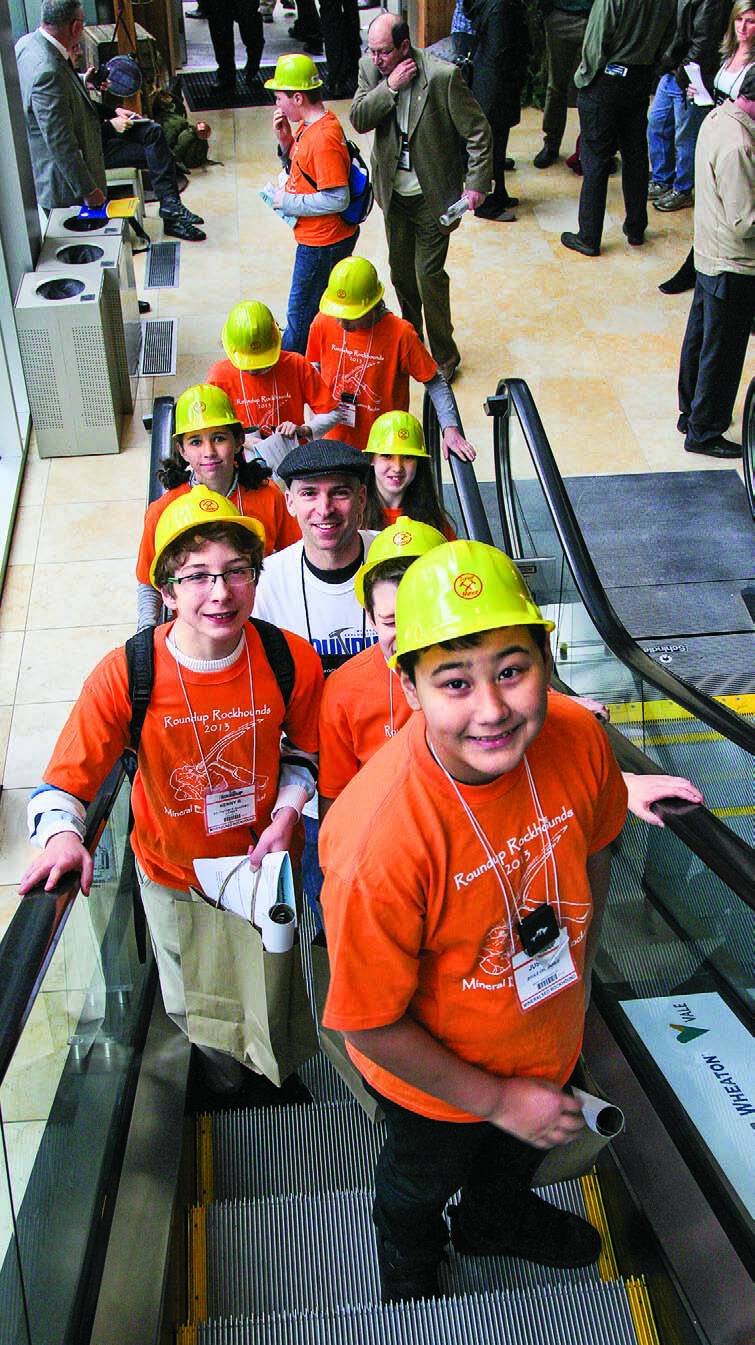
AME BC’s fifth annual Policy Forum will present a venue for representatives of B.C.’s mineral exploration and development sector to discuss opportunities and challenges facing the industry. Discussion is focused on priority areas as identified in AME BC’s Strategic Plan and Objectives 2013-2017 as well as policy issues.
AME BC Aboriginal Engagement Forum
Tuesday, January 28
The third annual Aboriginal Engagement Forum provides a venue for dialogue between Aboriginal, industry and government leaders in B.C. The forum is organized by the AME BC Aboriginal Relations Committee and is aligned with AME BC’s Strategic Plan and Objectives 2013-2017. AME BC plays a leadership role by providing clarity to its membership about how to engage with First Nations, as well as by defining what constitutes appropriate engagement by industry and consultation and accommodation by government.
B.C. Government/Mineral Exploration and Mining Industry Forum
Wednesday, January 29
The fifth annual B.C. Government/ Mineral Exploration and Mining Industry Forum, co-hosted by AME BC and the Mining Association of BC, will bring together leaders from the mineral exploration and mining sector with key government agencies and their leaders. Discussion will be focused on priority areas as identified in AME BC’s Strategic Plan and Objectives 2013-2017.
B.C. Mineral Exploration and Development HR Forum: People Making the Difference
Thursday, January 30
The third annual B.C. M ineral Exploration and Development Human Resources Forum, through its engaging speakers, will highlight best practices and contemporary HR initiatives that support a successful mineral exploration and development industry in B.C. Discussion will be focused on priority areas as identified in AME BC’s Strategic Plan and Objectives 2013-2017. This AME BC –led forum is organized by the BC HR Task Force: Exploration, Mining, Sand, Stone & Gravel. The Task Force is a multi-stakeholder partnership of 21 member organizations with an aim to foster the attraction, recruitment and retention of a diverse workforce in the face of significant labour shortages predicted over the next 10 years.
Contacts
Registration
CONEXSYS Event Registration: 604-488-1435 or 1-877-307-6918
General Information
Roundup Hotline: 604-630-3930 or 1-877-689-5554 Email: [email protected]
